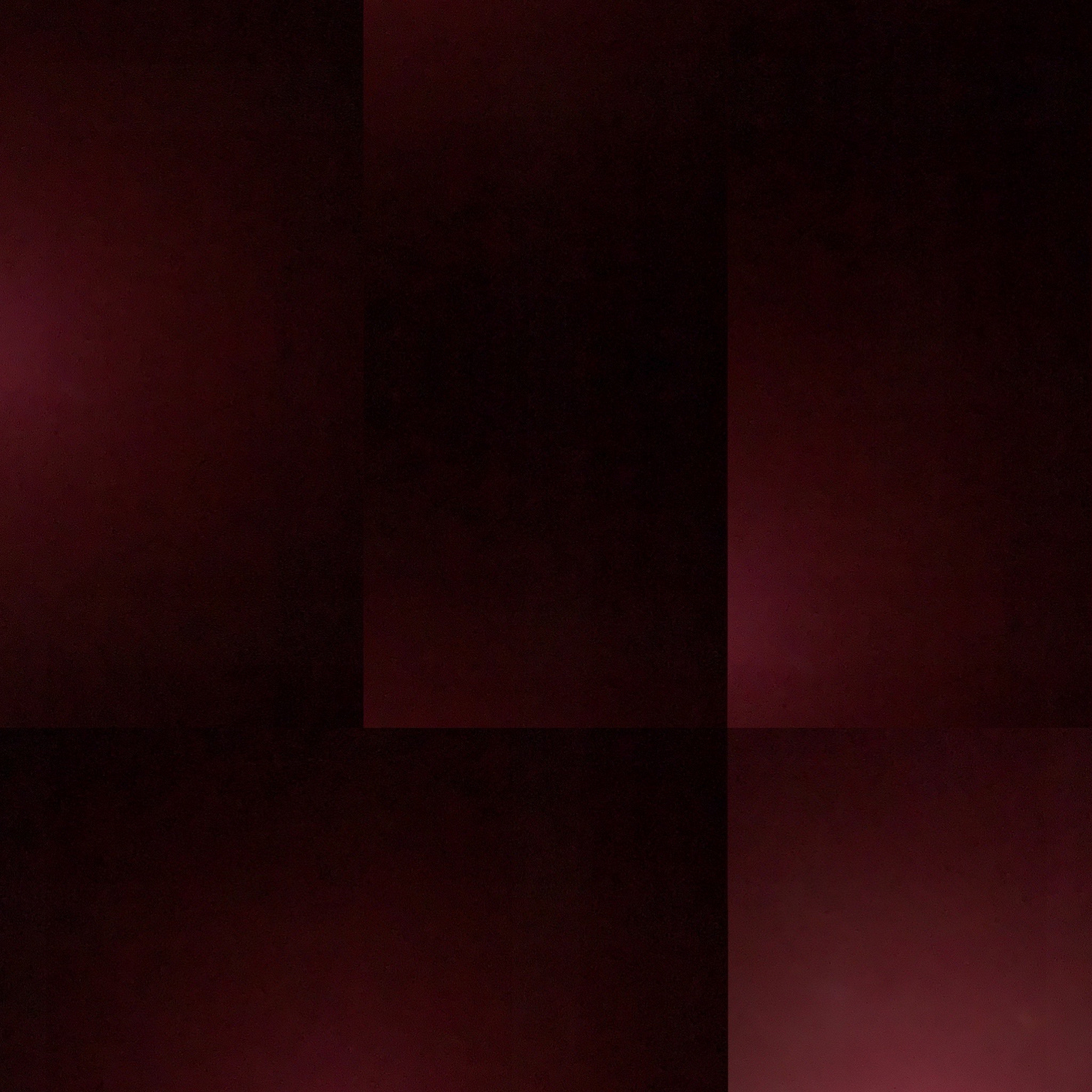The meaning grinder
Conflict as content
That serious periodical, The Economist, has published a profoundly unserious article entitled, ‘What a third world war would mean for investors’, in which it offers such wisdom as:
War, in other words, involves a level of radical uncertainty far beyond the calculable risks to which most investors have become accustomed.
Indeed. The 60/40 might be in trouble if there is a world war. Bonds won’t provide much safety during nuclear escalation. Good to know. Perhaps it is churlish to pick on a specific article when the spread of poor quality hot takes on geopolitics have an R value similar to a COVID wave. This is just one of a proliferation of pieces in which meaning is consumed in pointless churn.
The ‘meat grinder’ is how both Ukraine and Russia described the brutal fighting for the city of Bakhmut. Surveying the scene, Ukrainian President Volodymyr Zelenskyy concluded, ‘everything is completely destroyed. There is almost no life left.’
To this, we now have the meaning grinder: conflict turned into content.
Hardly surprising, it remains deeply disturbing how suffering is thinned out into material for new posts and podcasts. The content monster is never sated, it demands to be fed, now with monstrous content. The result is a yawning gap between the seriousness of the problems and the superficiality of the engagement.
In this context, it is valuable to re-read Jean Baudrillard’s provocations in The Gulf War Did Not Take Place:
The media promote the war, the war promotes the media, and advertising competes with the war. Promotion is the most thick-skinned parasite in our culture. It would undoubtedly survive a nuclear conflict. It is our Last Judgement. But it is also like a biological function: it devours our substance, but it also allows us to metabolise what we absorb, like a parasitic plant or intestinal flora, it allows us to turn the world and the violence of the world into a consumable substance.
So, war or promotion?
A feature he was capturing in the early 1990s has only become more pronounced:
At a certain speed, the speed of light, you lose even your shadow. At a certain speed, the speed of information, things lose their sense.
A deadening discourse of death and destruction. Max Horkheimer in Dawn & Decline:
People are mute, however wide they may open their mouths. But we forget too easily that language is dead because the individual speaking to another no longer has anything to say as an individual, as a thinking subject.
At a time when one ‘must’ have an opinion, it is necessary to look elsewhere for people to think with. In Amusing Ourselves to Death, Neil Postman asked:
I am saying we are losing our sense of what it means to be well informed. Ignorance is always correctable. But what shall we do if we take ignorance to be knowledge?
Baudrillard’s answer was, ‘a suffocating atmosphere of deception and stupidity.’ This certainly captures much of it, to which must be added banality. The meaning grinder gives it all a similar taste and texture: momentous and minor, life and death, all are rendered equal by algorithms.
Consider Albert Camus’ Neither Victims Nor Executioners:
We gasp for air among people who believe they are absolutely right, whether it be in their machines or their ideas. And for all who cannot live without dialogue and the friendship of other human beings, this silence is the end of the world.
In order to escape from this terror, we need to be able to think and to act on the basis of our thoughts. But the problem is that terror does not create a climate conducive to thinking.
Likewise, the content monster prevents and impedes thought, it feeds on terror. The challenge is to make space, to step back, to think. Thought and voice need not align, in this world of information overabundance they often do not.
One place to look is Simone Weil’s, ‘The Iliad, or The Poem of Force’, which appeared in 1939, on the eve of general war restarting in Europe:
The strong are, as a matter of fact, never absolutely strong, nor are the weak absolutely weak, but neither is aware of this. They have in common a refusal to believe that they both belong to the same species: the weak see no relation between themselves and the strong, and vice versa. The man who is the possessor of force seems to walk through a non-resistant element; in the human substance that surrounds him nothing has the power to interpose, between the impulse and the act, the tiny interval that is reflection.
Where there is no room for reflection, there is none either for justice or prudence.
Her words still shimmer like worn gold in a dimly lit temple. Meaning remains, but one must seek it out, especially now.
To finish, an active injunction to consider, the final proposition of Ludwig Wittgenstein’s Tractatus Logico-Philosophicus:
Whereof one cannot speak, thereof one must be silent.


